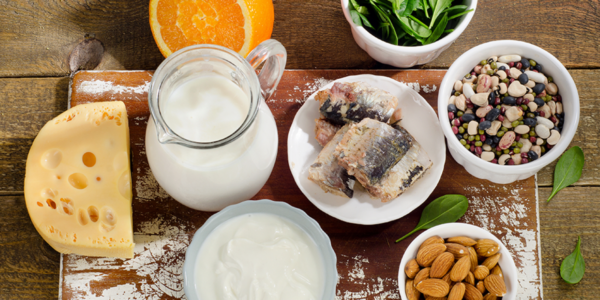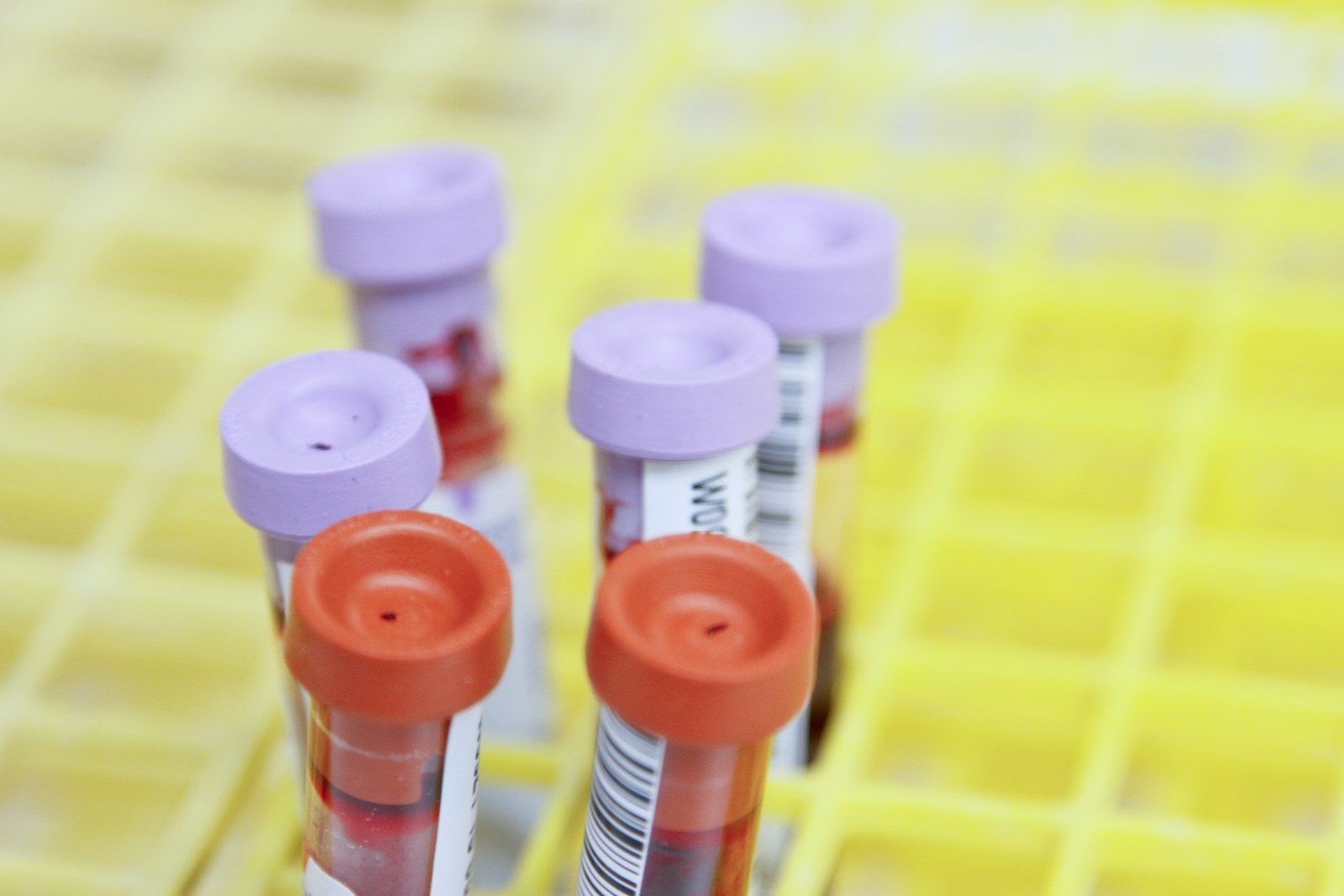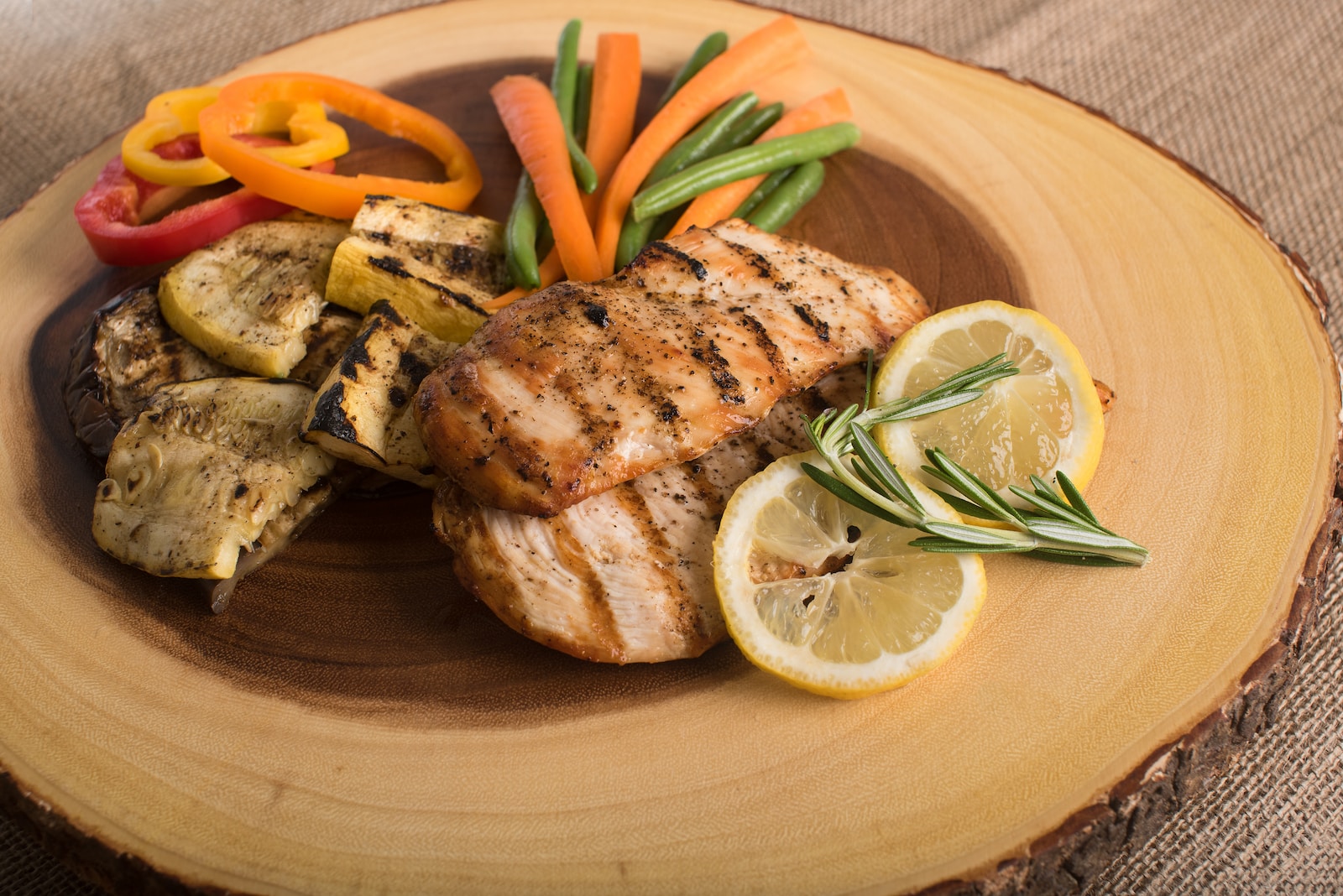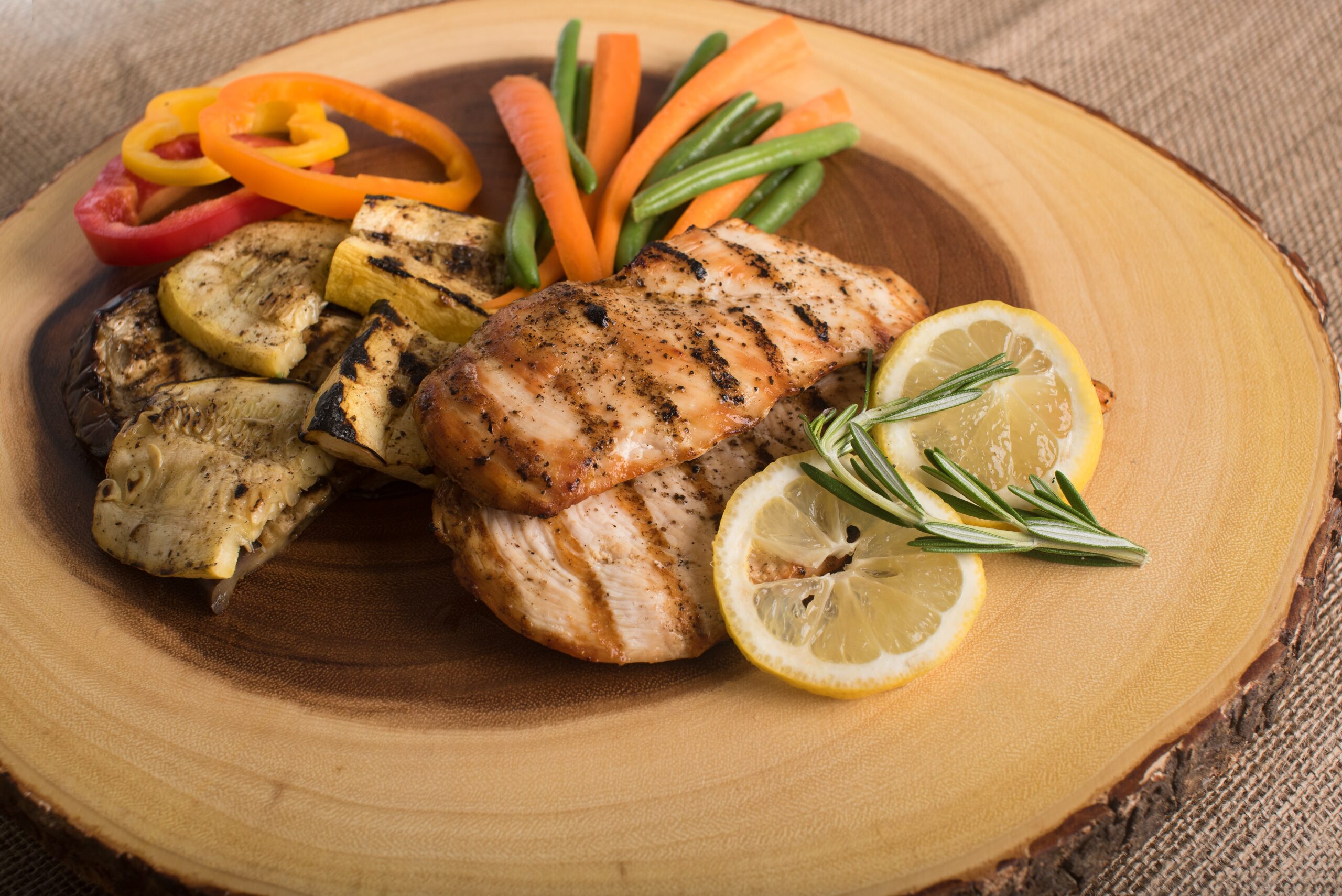Dieting Pitfalls: What every athlete should know about dieting

Dieting Pitfalls
For many people, a new year means a new resolution. You’re ready to finally change those pesky hard-to-shake habits. I’d venture to guess that weight loss is the MOST universal New Year’s resolution of all time. Why am I so confident? Quick fixes, fad diets, liquid diets, detoxes, fasting, diets that depend on a company’s proprietary products and supplements, diets that remove whole food groups, and diets that leave you feeling hungry have been around for eternity and will persist simply because they are NOT designed to work. Yep, there I said it. The truth is, these diets are not designed to be long-term weight loss solutions. Otherwise, why would at least 45 million people be dieting on any given day, making the diet business a 33-billion-dollar industry?
In fact, 95% of all dieters will regain the weight they lose, and only 5% of diets actually work. Diets are designed to fail. So, you see, it’s a repeat customer industry that keeps the dieting business booming!
Let’s dive into why diets aren’t natural and DO NOT work.
Diets focus on the wrong thing.
For starters, many diets focus on calorie counting. The equation of fewer “calories in” than “calories out” sounds good but is far from realistic. Theoretically, a 500-calorie deficit/day will yield one lb. weight loss/week. Actually, this is completely false. Don’t fall for it. Recent research suggests the caloric deficit required to lose one pound is actually closer to 4,200 calories, not 3,500. Plus, this is ALL assuming you burn 100% carbs for energy during workouts, which you do not. We always burn a combination of carbs and fat, dependent on intensity and other factors.
When you focus on counting calories, which doesn’t work, you’re not adopting healthy, sustainable eating habits that you can maintain for the rest of your life.
Diets will make you miserable.
Research shows that the mental task of counting calories, measuring and weighing foods, avoiding certain foods or food groups, and following rigid food rules causes stress, fatigue, and burnout. Restrictive eating leads to feelings of deprivation and preoccupation with food, which ultimately lead to overeating and bingeing simply because you feel miserable and deprived, and rightfully so!
Diets cause biological changes in the body that make it practically impossible to achieve long–term success.
- Hormonal changes: A low fuel gauge alerts brain chemicals that cause appetite to skyrocket, thus we get hungrier and are driven to eat more! Hormones that make you feel full and satisfied plummet, so now you have to eat more to reach that same level of satisfaction. What many perceive as lack of willpower is actually the body’s drive for self-preservation. And into this highly stressed environment, the body releases the stress hormone cortisol, which promotes fat storage.
- Neurological changes: While on a restrictive diet, your brain becomes overly responsive to foods that typically wouldn’t draw your attention. Suddenly food appears more appetizing and tempting. The one thing you are trying to resist becomes increasing more difficult to refuse.
- Biological changes: Diets that restrict calories deplete the body’s fuel stores (glycogen), and the body is forced to break down muscle (protein) for energy. For an athlete, this muscle loss not only hinders strength and power but negatively impacts metabolism. Additionally, your body becomes more efficient at using fuel; therefore, you require less and less food to operate, and the abundance of excess is stored as fat. In a recent study, dieters after 6 months had a resting metabolic rate decrease of 610 calories/day, and six years later their resting metabolic rate was an average of 704 calories below their pre-diet baseline.
Diets diminish self-esteem and self-worth.
Sure, self-improvement is not always enjoyable, but something as basic as eating should bring pleasure to your life. After all, food is social and we must eat well to fuel our body for an active lifestyle. Deprivation makes you feel crabby, fatigued, and overly obsessive. What is fun about that?
Furthermore, diets by their very nature set the stage for a situation where food is more tempting, you are hungrier than you should be, and you are reliant on fewer calories. Then when you do give in to that cookie or doughnut because you just can’t stand it any longer, you feel shame. You’re labeled as lacking willpower when it is not about willpower but instead about hormonal imbalance, deprivation, and the body trying to stay alive.
Diets are not sustainable and negatively impact performance.
Because of the hormonal, emotional, and neurological changes that occur in a deprived state, radical, fad, and restrictive diets are just not sustainable. What’s more, we try to make too many changes at once, which doesn’t set us up to win.
Let’s remember who we are: endurance athletes that ask a lot from our bodies through many months of long, grueling training sessions. Dieting compromises performance, bone health, overall health, and iron stores, and weakens muscular strength and power.
Do this instead:
So, how do you achieve an optimal weight for your body frame, activity level, and genetic makeup, and make performance gains?
- Be mindful and pay attention to hunger and satiety as cues when eating. Slow down, and don’t multi-task when enjoying a meal or snack.
- Prioritize vegetables and fruits that provide the valuable vitamins, minerals, and nutrients your body needs.
- Consume whole grain carbohydrates at meals and snacks, as well as during workouts that are longer than 90 minutes or if you have a double training day. It is not wise to routinely train in a fasted state. Fuel is necessary for proper adaptation and recovery. Best sources: grains, fruits, veggies, lentils, beans.
- Include protein at each meal and a snack that provides the building blocks for muscle repair and growth. Best sources: lean meats, fish, dairy, and eggs.
- Fat is essential to a healthy, athletic body and supports recovery, the immune system, and in Vit A, D, E, and K absorption. Despite its reputation for making you fat, this could not be farther from the truth. Best sources: fish oils, nuts, seeds, avocados, and olive oil.
- Prioritize nutrient timing and macronutrient balance. First, don’t skip breakfast and run out the door for a training session. Cortisol levels are highest in the morning, and training (especially a key session) will increase this stress hormone and start your day off on the wrong foot. If you aren’t a breakfast lover, at a minimum have a small snack with a mix of carbs and protein that will counteract some of the cortisol and stabilize blood sugars. Second, always include a recovery snack within 30 minutes of finishing your session. This should consist of a simple sugar carb and quality protein (12-15g) source. It’s best to aim for a 3:1 Cho/Pro ratio.
- Avoid fasting and eat every 4 hours during the day. This helps keep cortisol levels at bay, which promotes fat burning. Long-term elevation of cortisol can lead to adrenal fatigue.
- Prioritize sleep! Aim for at least 8 hours/night. Sacrificing zzzz’s elevates cortisol (promotes fat storage), increases hunger, reduces recovery and muscle repair, and makes you crabby. Go to bed on time!
- Rather than focusing on a number on the scale, focus on creating healthy, sustainable habits that will support your training and racing. You’ll find it less stressful, more enjoyable, and sustainable. Plus, you’ll have a strong, healthy, and powerful body.
- And… how about that cookie or doughnut? It’s best to go for it within your 30-min post-workout recovery window when your metabolic rate and insulin are most efficient at utilizing simple carbs to restore glycogen. Just make sure to have some protein with it, like milk or Greek yogurt. Alternatively, enjoy it with a properly balanced meal.
So, here’s to your healthy, strong, and powerful athletic body that achieves a healthy body weight to fit your body frame without a miserable, short-lived unhealthy diet!
Happy New Year!









